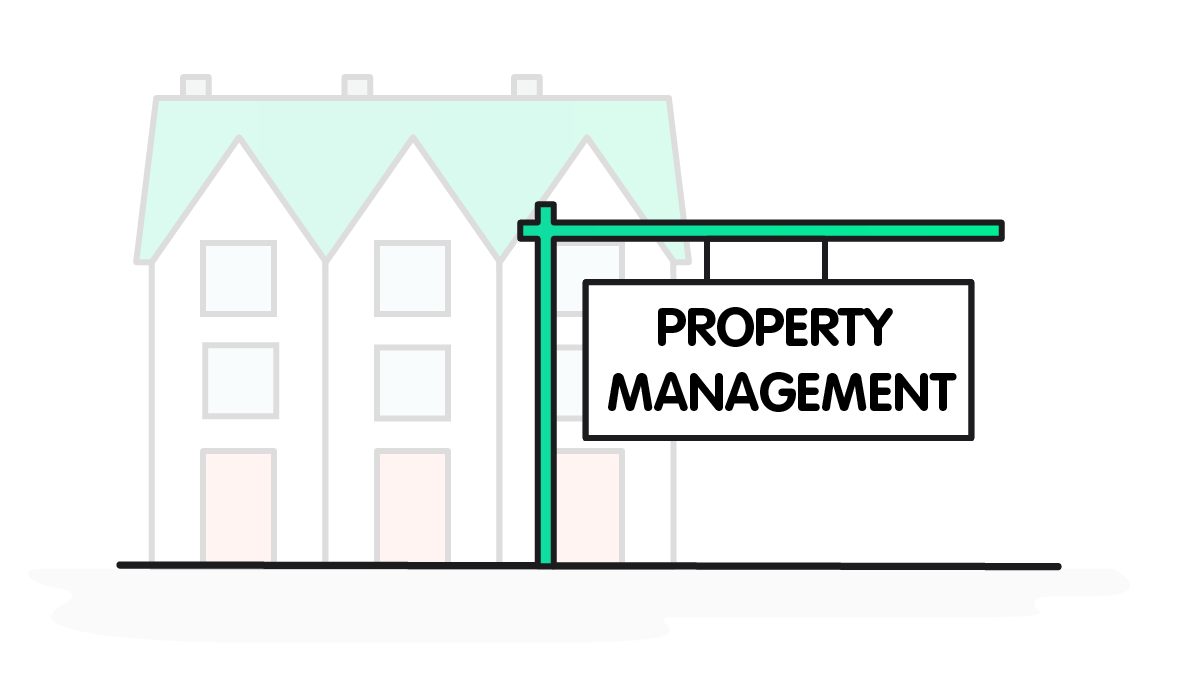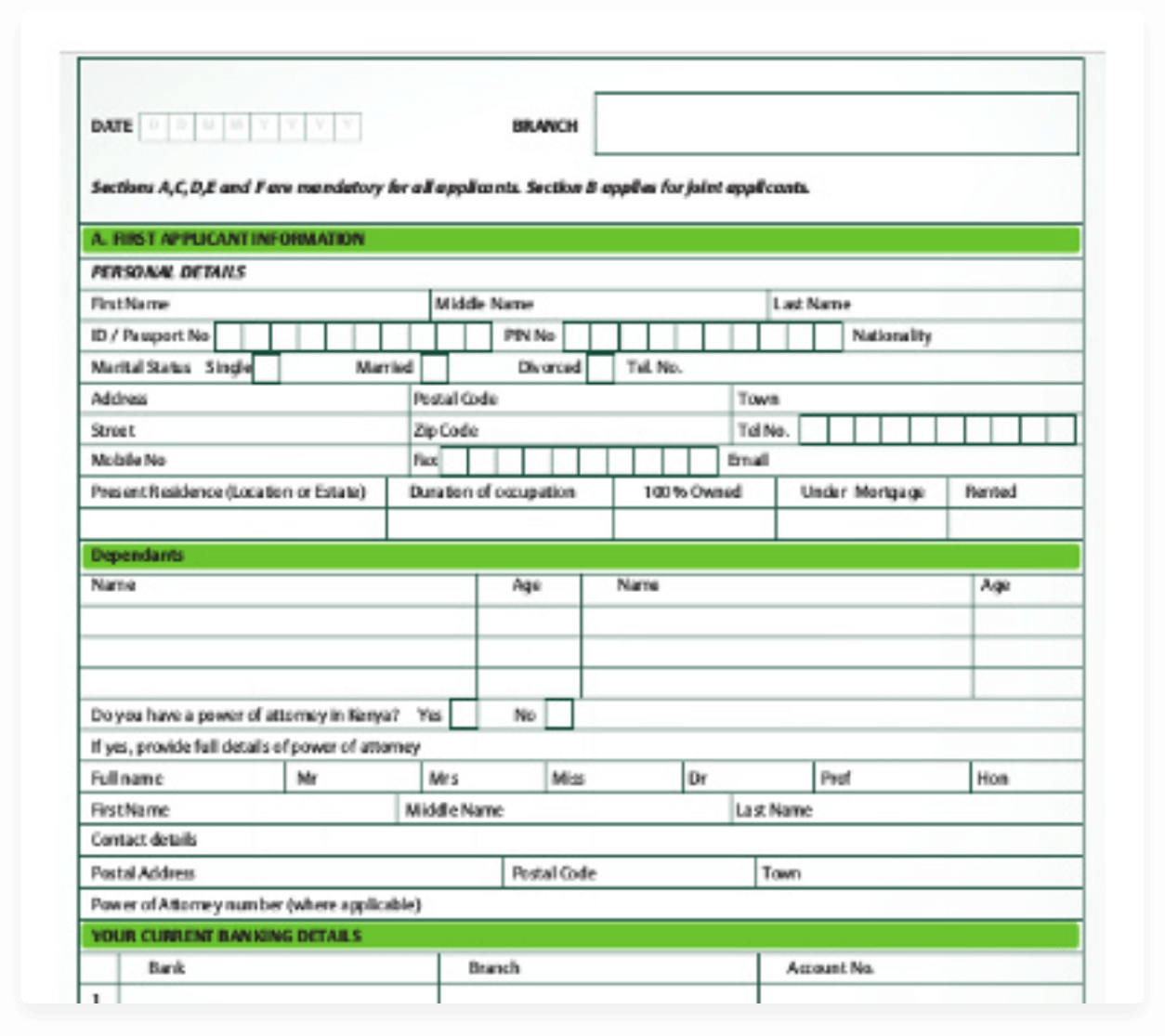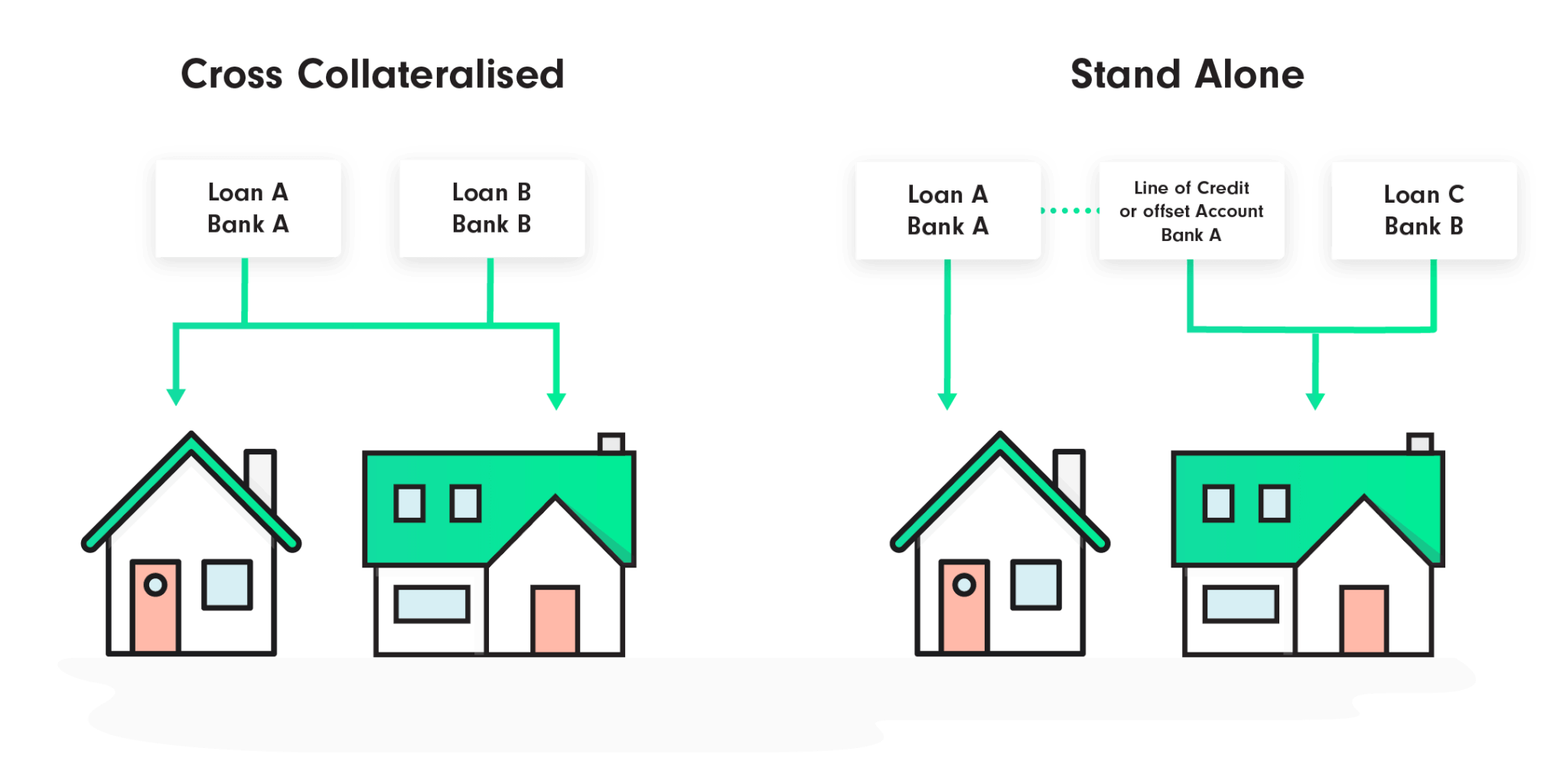
Before we get into the financial nitty gritty about tax and mortgages, here are three important issues you need to consider.
-
Property is a long-term investment
Once your cash and borrowing potential is tied up in a property, it can be expensive and time-consuming to access it, should you need it later. To get at the equity in your property you’ll have to sell it or attempt to refinance it.
Unless the property has risen a fair amount in value since you bought it, the cost of agency and legal fees on the sale – not to mention the costs of buying your property and applying for your mortgage in the first place – may mean you end up with less money than when you bought the place.
What’s more, if your property has increased in value and you sell it within two years of acquiring it (or you buy and sell too many properties and are considered to be making a living from ‘property trading’) you may be caught by the IRD’s ‘bright-line test’ and be taxed on any profits you make.
Of course, you may be planning to buy, renovate and then resell your investment quickly, making money from the value you add through your improvements. If this is your strategy, you’ll need to take care in how you structure your mortgage (be careful not to get locked into long-term borrowings with fees for early termination) and be mindful of the tax implications outlined above.
-
Property is a hands-on investment
Unlike cash savings or investments in a managed fund, investing in property can be a lot of work.
First of all, you have to find the right property, apply for a mortgage, go through the purchase process and then prepare the place for renting out.
Then you need to find a tenant (and another one every time your tenant moves out), collect rent and manage the ongoing maintenance of your property. You may choose to use a professional rental agency / property management firm to take care of all this for you – which will spare you the 3am calls from frantic tenants when the toilet springs a leak, but will also eat into your income.

-
Property is not a risk-free investment
-
- While your property is rented out it will, hopefully, generate a steady income stream – but finding a reliable tenant isn’t always easy, and you may be surprised at all the costs that can quickly swallow up your precious rental income (including mortgage interest, insurance, agency fees, maintenance, body corporate fees, council rates and tax).If you’re planning to use the rent to pay your mortgage, you’ll need a back-up plan, for any periods when your property is untenanted, or your costs exceed your rental earnings.
- If, for any reason, you find yourself unable to keep up your mortgage payments, your lender may force you to sell your property and repay your mortgage early – or even repossess the property and sell it themselves.This is known as ‘mortgagee sale’ and is often done by auction. Since the lender is only interested in recovering the debt rather than getting the best price for the property, you may lose any equity you have built up.
- Meanwhile, for many, the main attraction of a rental property is the prospect that its value will rise over time.While we have seen aggressive price rises in property right across New Zealand in the last two decades, especially in our main cities, there is no guarantee that this trend will continue. In fact, there has been lots of speculation recently that New Zealand’s housing boom is at an end.
Even if average prices do continue to rise, there’s also no guarantee that the specific property you choose will appreciate in value – it could even fall, if economic conditions change or if something should happen to negatively impact your area (anything from natural disaster to commercial or industrial development can change how safe or desirable a suburb is considered to be).
Given all the effort and risks involved in property investment, we strongly recommend that you seek independent professional advice before sinking your hard-earned savings into property.
If you’ve already taken advice and made your decision, here’s how to go about buying your investment property in New Zealand.
-





